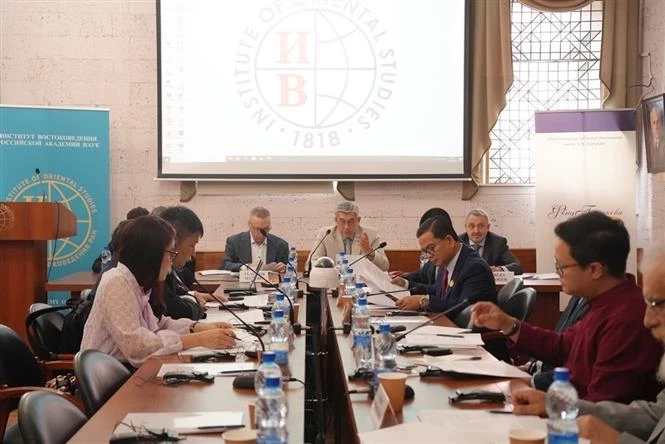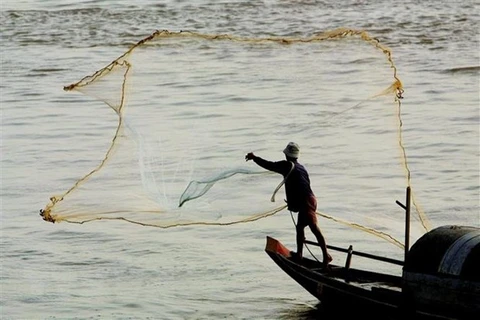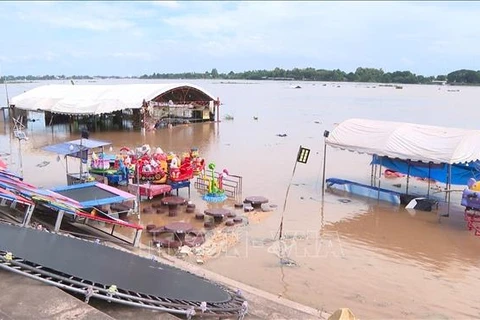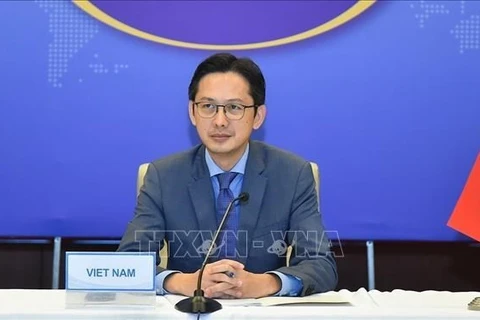
Moscow (VNA) – Scholars from Vietnam, Russia and many other countries have been gathering at a symposium in Moscow from June 26 to 28 to discuss issues in the Greater Mekong Sub-region (GMS) and feasible solutions.
The event aims to define the current situation in the GSM based on reports from experts, and the prospects of researching development issues in the region, as well as the viewpoints of particular countríe in the region, thus seeking methods and orientations to settle regional issues.
Participants have shared their opinions on the development of the river, and gave recommendations and feasible solutions.
On the first day, the function focused on three topics - the global scale of the Mekong agenda; the development of the Mekong sub-region; and water - a source of prosperity.
Reports at the event analysed the current status of water use in the river and discussed issues facing countries along it, as well as the influence of major countries and impact in the region. In general, the reports emphasised the need for cooperation to find ways to exploit and jointly use Mekong River water resources in a fashion that ensures balance of interests of all parties.
Many scholars believe that the Russia, with sound relations with countries in the Mekong sub-region and advanced science and experience in managing many large rivers in this country, can support the parties to consider and seek effective ways to use Mekong River water resources to ensure a balance of benefits, while providing scientific and technical and management support to regional countries to preserve the ecological environment and exploit the river for a long term.
In his report, Dmitry Mosyakov, Director of the Centre for the Study of Southeast Asia, Australia and Oceania under the Institute of Oriental Studies, recommended the formation of a common binding document to solve existing problems and ensure balance of interests among the Mekong upstream and downstream countries./.






















